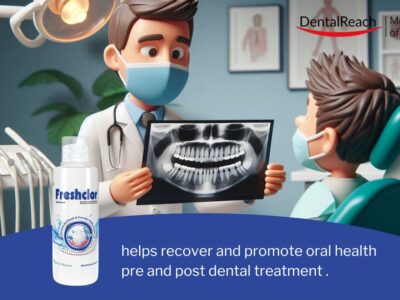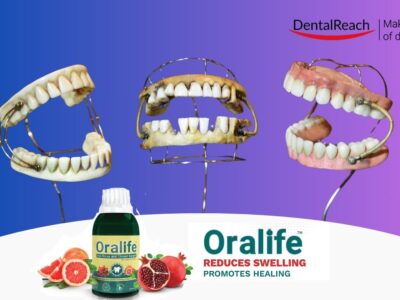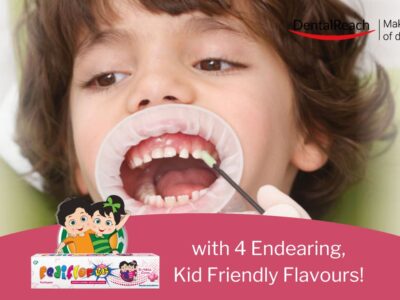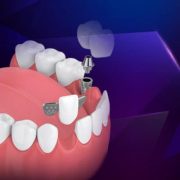(World Food Day oct.16)
Healthy Nutrition for Healthy Teeth
Oral health and diet share a two-way relationship. Diet plays an important role in one’s physical and mental well-being. Poor nutrition not only affects the entire immune system, but also increases the risk to many disorders. Thus, eating a well-balanced diet not only improves your dental health, but may also reduce the risk of other diseases.
A balanced diet includes fruits, vegetables, protein rich food, calcium-rich food (low-fat/fat-free milk, yogurt, cheese, fortified soy drinks, tofu, almonds, dark green leafy vegetables), phosphorous rich food (eggs, fish, lean meat, dairy, nuts,beans), vitamin C (citrus fruits, tomatoes, peppers, broccoli, potatoes, spinach) and whole grains which provides essential nutrients for optimum oral health. For good dental health, keep few points in mind:
- Drink plenty of water.
- Eat food from each of the five major food groups which includes:
- whole grains
- fruits
- vegetables
- lean sources of protein such as lean beef, skinless poultry and fish; dry beans, peas and other legumes
- low-fat and fat-free dairy food
Dental issues can be prevented by performing good oral hygiene such as brushing teeth with toothpaste twice a day, flossing once a day, drinking plenty of water and seeking regular oral health care.
World Mental Health Day (Oct.10)
Association of Oral Health with Mental Health
There is a close connection between the health of the body and that of the mind. The increasing number of people who experience mental disorders is a global problem. People with mental disorders have high rates of poorer oral health outcomes than the general public. Some of the most common mental illnesses that can have a negative impact on a person’s oral health include: anxiety / panic attacks, depression, eating disorders, obsessive-compulsive disorder, schizophrenia and psychosis. However, their oral health remains neglected. Numerous factors impacting the oral health of such people include apprehension/dental phobia, eating habits such as heavy intake of sugary drinks, tobacco and alcohol.
Some main concerns for those suffering with mental illness include:
- Negligence: Many studies have shown that patients who are suffering from mental illnesses tend to avoid dental care so much that their oral hygiene is neglected. This can result in tooth decay or any gum disease.
- Faulty brushing techniques: Vigorous brushing technique by those with bipolar as similar disorders could result in brushing away the enamel from the tooth surface.
- Medication: Few medicines may produce adverse oral effects, especially dry mouth. Dry mouth leads to reduced saliva flow which results in various dental issues.
- Apprehension: Many people suffer from some form of dental phobia and as a result, stop seeing their dentist regularly. Irregular dental visits have a severe impact on oral health.
- Eating disorders: Few people who are suffering from a condition such as Bulimia often experience dental erosion because of acid reflux. Calcium deficiency will also affect the dental health.
National Down-Syndrome Awareness Month (Oct. 2020)
Dental Implications in Down-syndrome Patients
Almost one out of every 800-1100 births results in an extra chromosome of the twenty first group called Trisomy 21/ Down syndrome. Down syndrome patients often complain of mouth breathing which leads to xerostomia (dry mouth) or fissuring of the tongue/lips.
Few oral health complications in Down-syndrome patients and strategies for care:-
1. Dental caries: Some patients with Down syndrome are at an increased risk of caries due to xerostomia and cariogenic food choices. Also, hypotonia adds to chewing problems and inefficient natural cleansing action, which allow food to remain on the teeth after eating. Diet of the children with Down syndrome are closely supervised to prevent obesity; this helps reduce consumption of cariogenic foods /beverages.
Care: Advise patients taking medicines that cause xerostomia to drink water often. Advise taking sugar-free medicines. Suggest fluoride toothpaste, gel depending on your patient’s needs.
2. Periodontal disease: Children experience rapid/destructive periodontal disease which results in loss of permanent anterior teeth in their early teens. Other factors include poor oral hygiene, malocclusion, bruxism or conical-shaped tooth roots.
Care: Few patients benefit from the daily use of an antimicrobial agent such as chlorhexidine either in spray bottle or toothbrush. Encourage daily oral hygiene including proper brushing/flossing techniques.
3. Tooth anomalies: Congenitally missing teeth, Delayed eruption of teeth, and Irregularities in tooth formation are common in Down syndrome.
Care: Use a panoramic radiograph to determine whether teeth are congenitally missing. Consider placing space maintainers where teeth are missing.
Making a difference in the oral health of a person with Down syndrome may go slowly at first, but determination can bring positive results and invaluable rewards.




















Comments